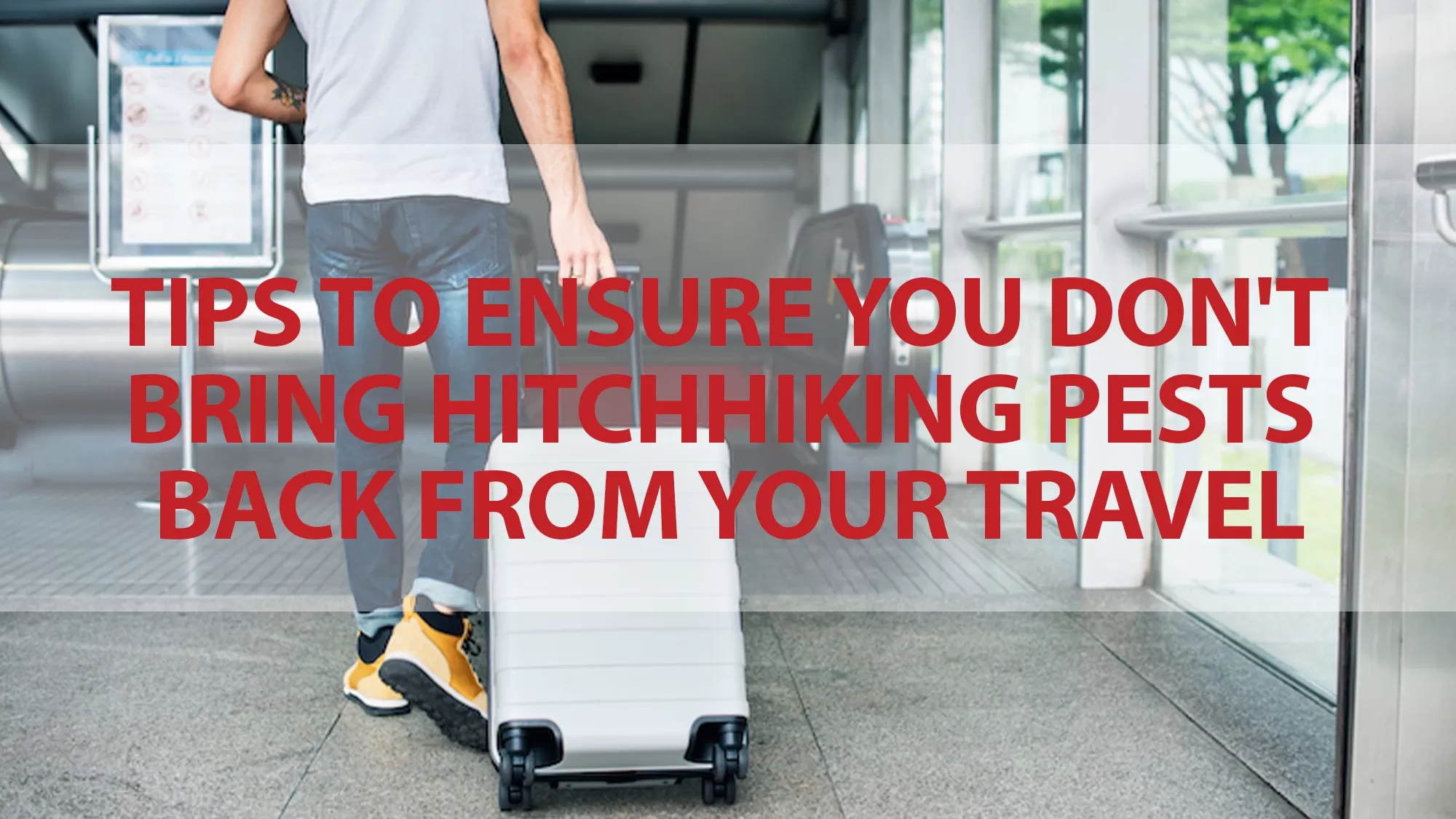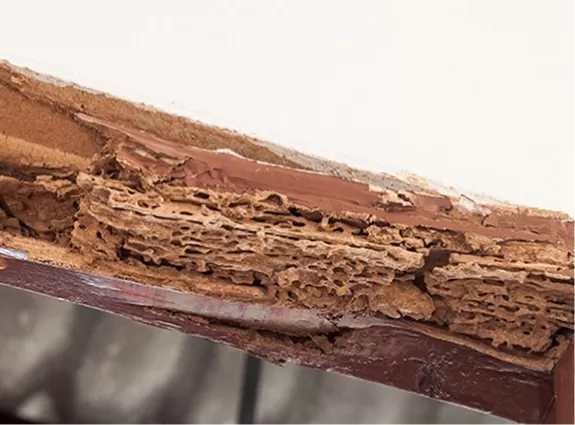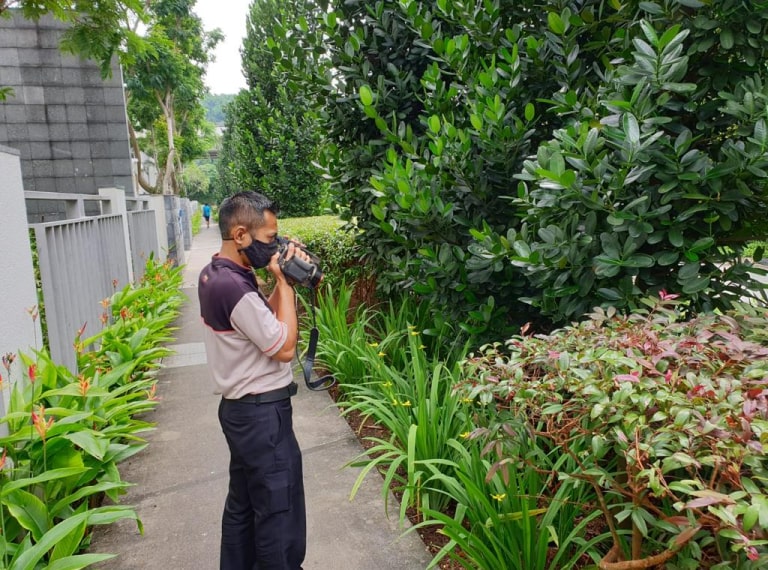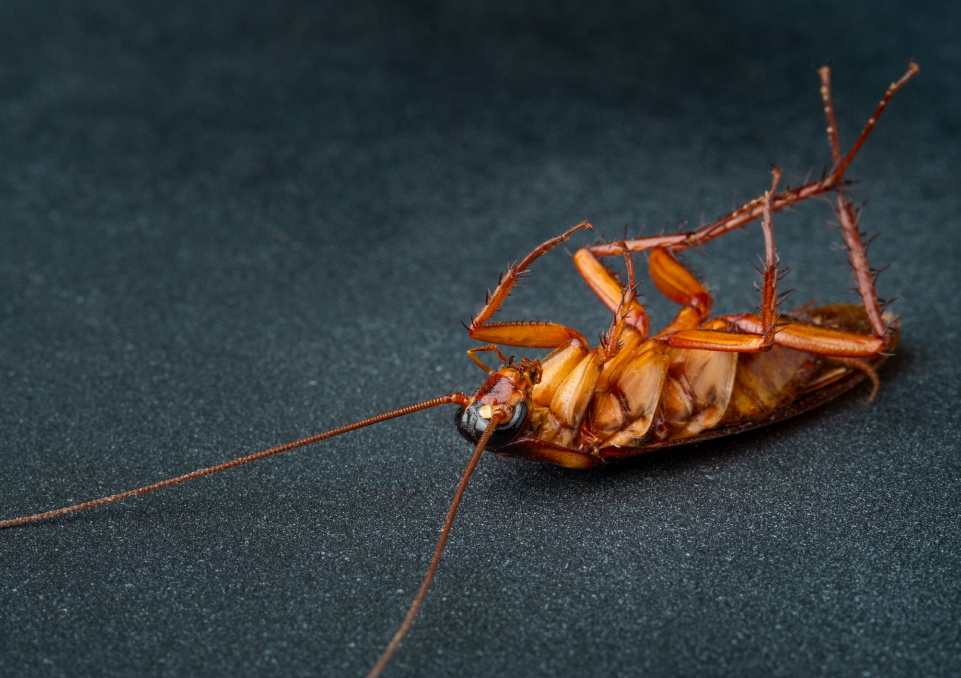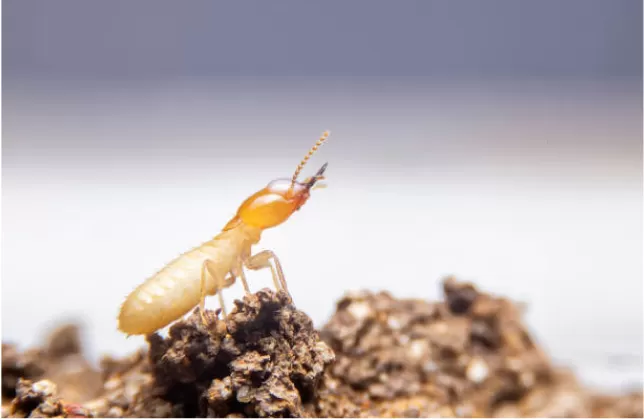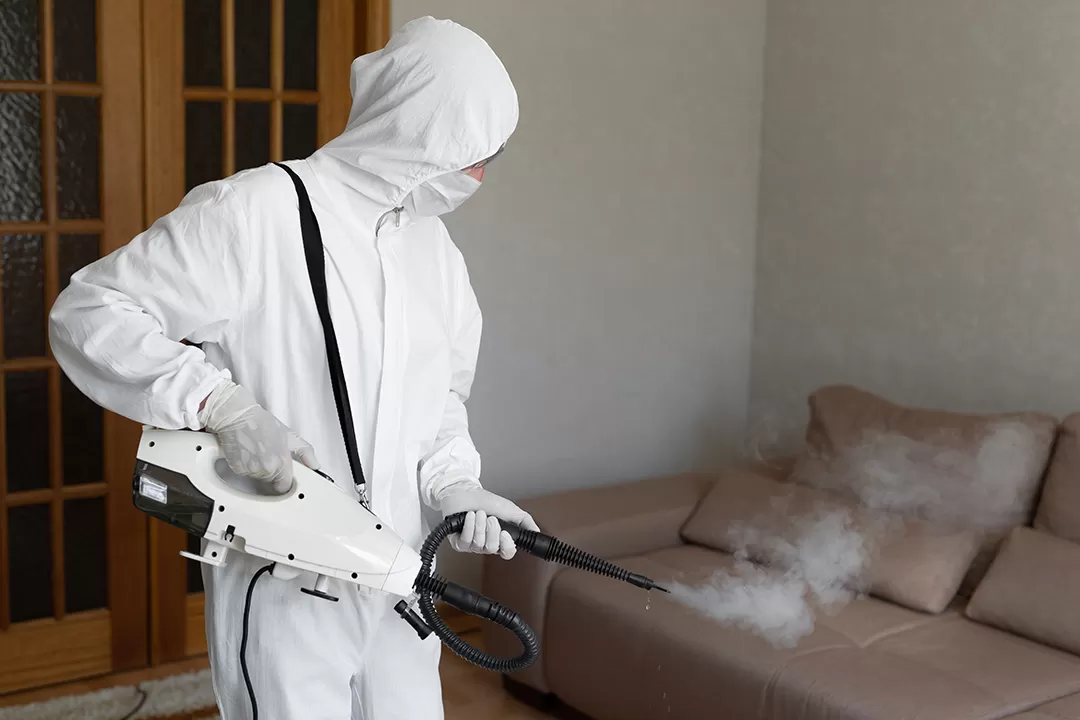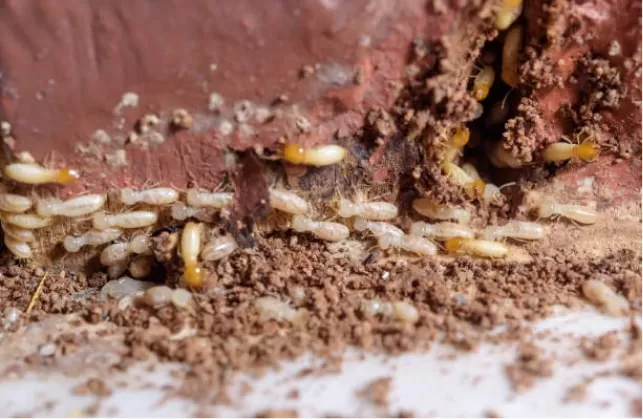Did you know you can bring home a slew of local pests from your travel? Are you constantly worried you might get home bed bugs, cockroaches, and ants from your holiday? Well, you are not alone. Hitchhiking pests are a real problem, but it’s not something you have to worry about if you take the right steps to keep them at bay.
By taking a few preventive measures, you can keep these pesky pests from travelling home with you. In this article, you can find out how some simple practices during and after travel can help keep your home free of all hitchhiking pests.
Tips to Prevent Pests from Hitchhiking With You
Pests can be found even in the cleanest of hotels or a freshly detailed rental car. Try these tips for practical, effective ways to avoid pests when travelling:
Research The Destination and Hotel
If you are trying to prevent contact with bugs during your vacation, you must be wary even before reaching the destination. First, research well to check whether the hotel has any history of bug problems, especially bed bugs. Hotels are the most common places from where bed bugs can enter your homes.
Hotels can sometimes offer irresistible deals, but you might not know that the low prices might include the cost of spending your nights with a party of pests. You can easily scour through comments and reviews left by other hotel guests to get a better idea about the pest situation in the accommodation you are considering.
Moreover, you should do some research on the usual temperatures in your destination city. Be it a hot and bustling city or a humid, tropical area, there is always a risk of pests. However, it is a good idea to understand your destination well so you can plan for the best prevention practices.
Choose Pest-unfriendly Luggage
Choose washable travel bags. You could opt for a hard-shell suitcase or a duffel bag. While both options are washable, hard-shell suitcases offer extra protection by creating a physical barricade against bed bugs and other local pests.
When your luggage is tightly secured, pests cannot find any way to gain entry. By choosing a material they cannot bite on or latch onto, you can prevent them from hiding in your bags.
If you want to avoid buying new luggage, you can cover your existing bag with plastic bags or even a garbage bag. Keeping the bag sealed inside a plastic bag will offer extra protection as most pests cannot penetrate through the plastic.
Handle Your Luggage Wisely
While what luggage you will choose for your trip is essential, you must also pay heed to how you are handling the luggage. Pay attention to where you place your bags in a hotel room. It is recommended that you place your luggage away from the floor. Also, keep your bags zipped at all times.
Ensure you don’t leave your bag unzipped and unattended on the floor, especially at night. Pests are highly active after sunset and are likely to invade your bags. Also, check whether the luggage rack is pest-free before placing your luggage on it. Finally, keep the luggage zipped tightly when you are not using it, as once the pests are in your bag, it’s challenging to get them out, and they might even travel back home with you.
As a precautionary measure, wrap your luggage with plastic bags when travelling in a taxi or a train. You can discard the plastic bags in the garbage before entering your home.
Examine the Room Upon Arrival
When you arrive at the hotel, leave your bags in the hallway and examine the room first. First, look carefully in high-traffic areas such as the mattress and headboard. Next, pull back the sheets and check for bed bugs, ants and cockroaches under the sink, and scan the carpet to check for any signs of fleas.
Keep in mind that most hitchhiking pests are very good at hiding. Therefore, use bright lighting during your inspection. Use your phone’s flashlight if there are not enough lights in the room.
Be Prepared With Pest Control Items
Always consider the possibility of a pest problem and pack accordingly. Take into account what kind of pests you might encounter at the destination, and carry pest control items with you. For example, if you are going on an adventurous trip, long hikes, sunset walks, or boat rides, bring extra layers of clothes, long-sleeved shirts, and bug repellents.
Also, carry medicines with you. Some useful items to have in your travel first aid box are antihistamines, anti-itch solutions, and bandages. Also, take with you an insect spray so that you can kill any insect you see along the way.
Seal Food Containers Well
It is common to bring a lot of food with you when travelling. However, all sorts of pests are attracted to the scent of food. If you leave any food unattended and unsealed, cockroaches and ants are likely to conduct a raid on them.
Simply seal food in an airtight container to prevent it from attracting pests. Pest can be a big problem if you have food packets in your luggage. They will invade the bags in search of food. Not only will they devour your food, but they will also lurk inside the luggage and wait for you to carry them back to your home.
Dry Wash and Disinfect All Items Upon Returning Home
The struggle does not end when you return home. To eliminate all chances of bringing home any hitchhiking pests, you must wash and dry all your clothes in the hottest setting.
If you do not want to wash clothes that are still clean, simply put them in the dryer and let them go through a dryer cycle. The dryer’s heat is warm enough to kill most pests.
For items that cannot be washed, seal them and keep them away for a few weeks. Don’t forget to change and wash the clothes you are wearing as soon as you enter your home, because some pests could be latching onto your clothes as well.
Final Thoughts
With the above preventative measures, you can stop hitchhiking pests from invading your home. However, if somehow some bugs still gain entry into your home, you can try to eliminate them with the help of a pest control company.
Even if you have taken all necessary measures to restrict access to any hitchhiking pests, you still need to take further steps to eradicate any pests that have entered your home despite your efforts.
Deep clean your home as soon as you can and look for any signs of suspected pests like cockroaches, ants, bed bugs, and fleas. If you notice any uncontrollable pest infestation in the following weeks, do not hesitate to call a professional pest control company.

